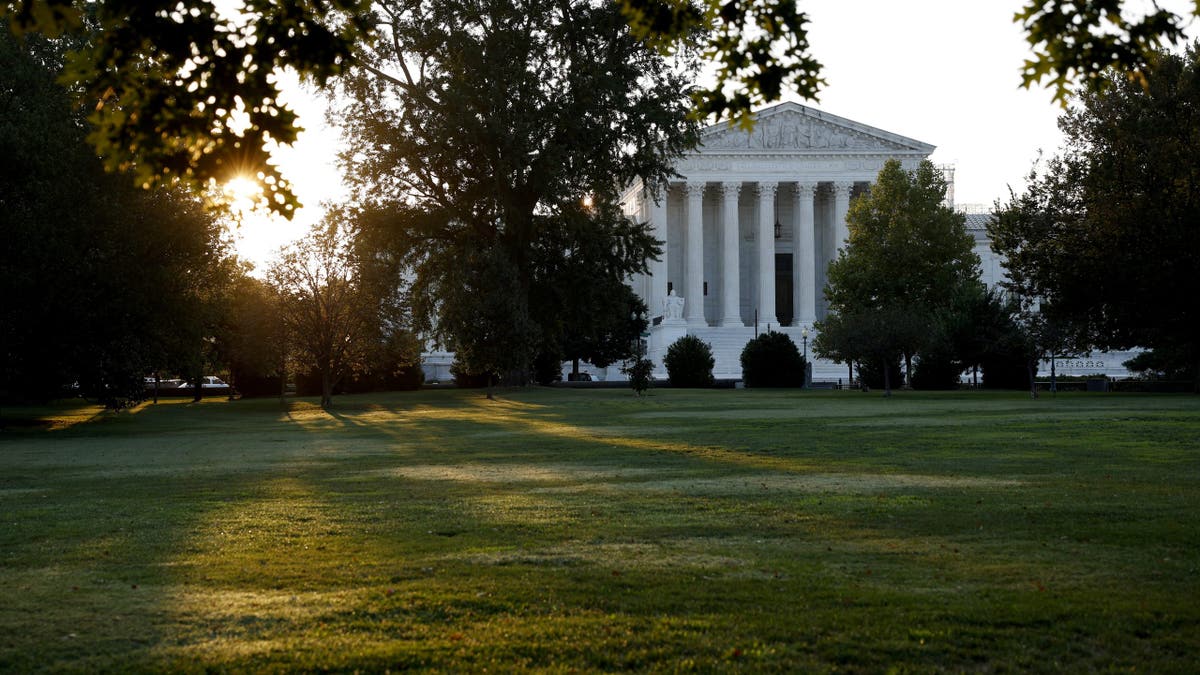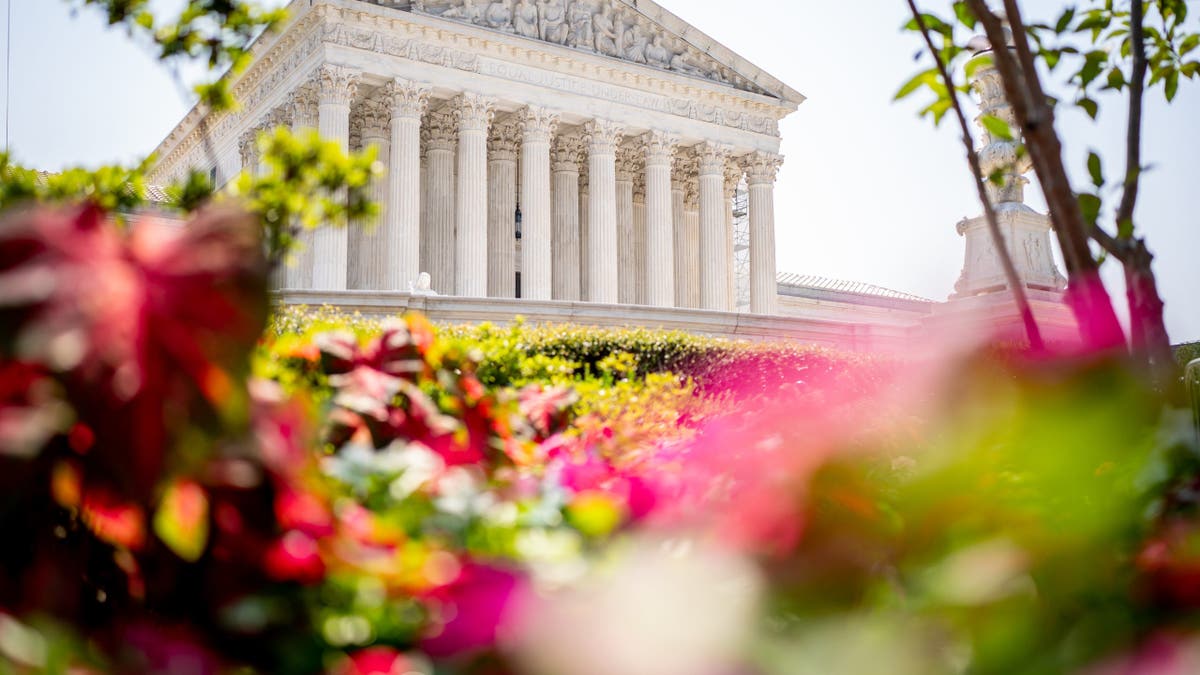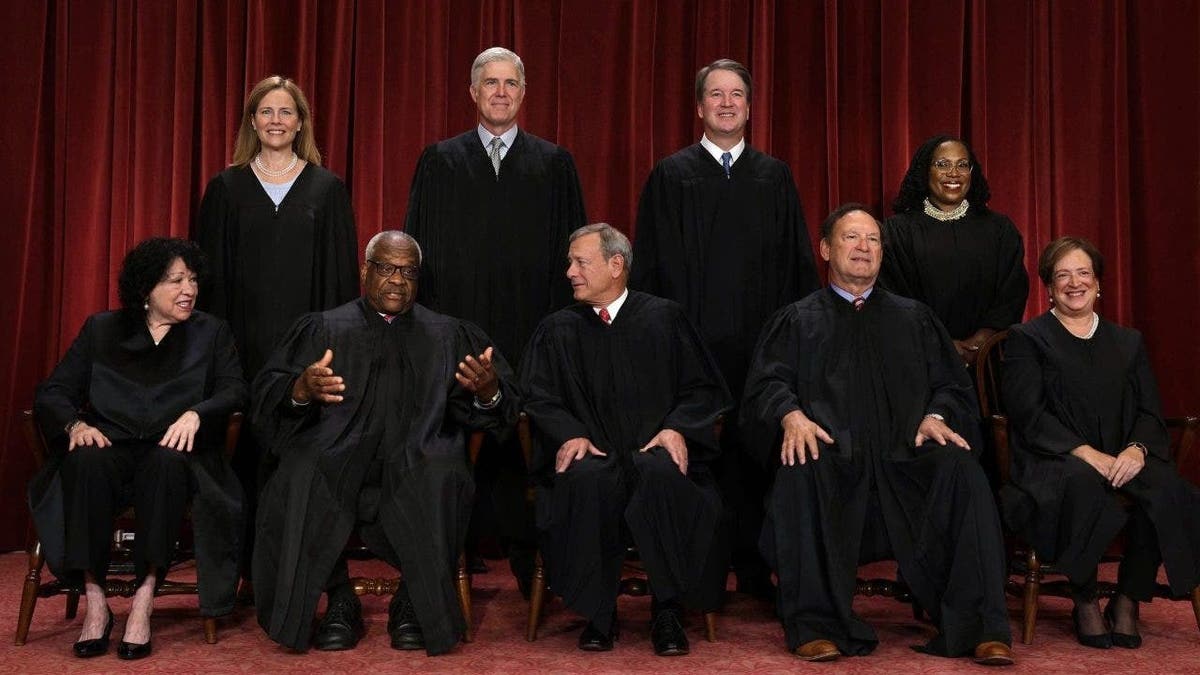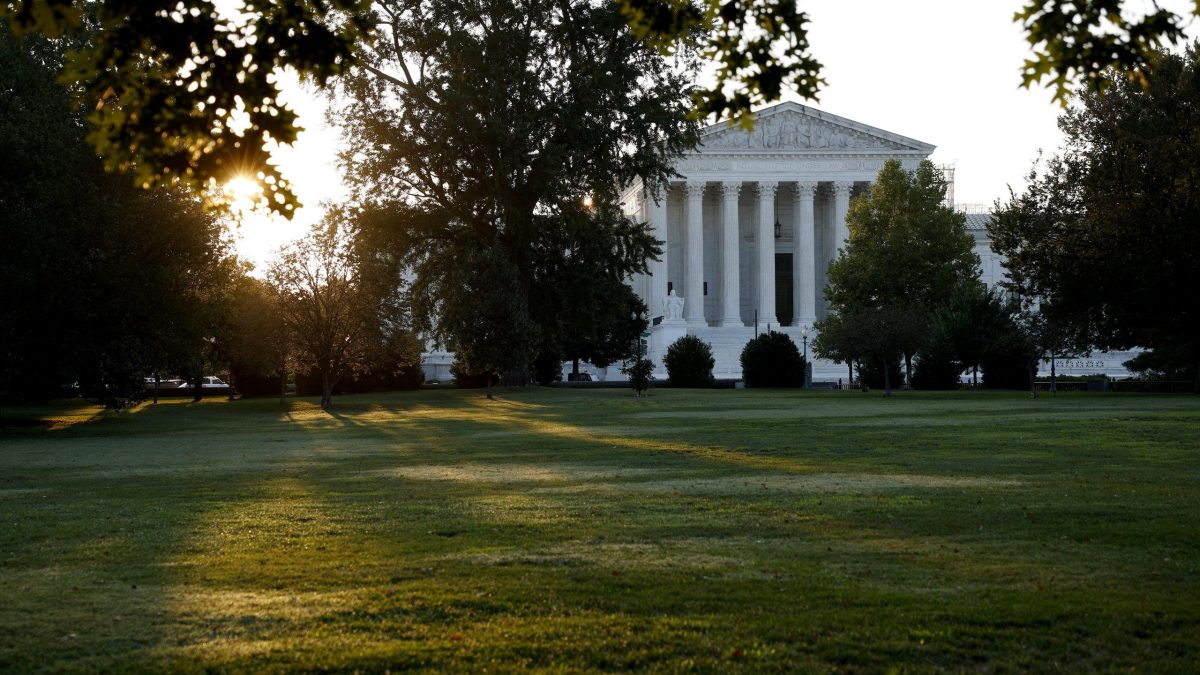Join Fox News for access to this content
Plus special access to select articles and other premium content with your account – free of charge.
Please enter a valid email address.
Gun rights, medical marijuana use, regulation of e-cigarettes and gender transition medical procedures for minors are just a few of the issues awaiting the Supreme Court when it comes back to work from its summer recess two weeks from today.
Last term, the court decided a series of politically charged cases like former President Trump’s presidential immunity case, a challenge to the government’s regulation of the abortion pill and free speech in the digital age.
The high court will kick off the 2024 term on Oct. 7 as it also navigates pressure from Democratic lawmakers for Congress to impose a new code of ethics and term limits.
Here are some cases to watch:
LEGAL EXPERTS WARN THAT LATEST SUPREME COURT LEAKS ARE ‘ENORMOUSLY DESTRUCTIVE’

Garland v. VanDerStok
In a challenge to the Biden administration’s regulation on so-called “ghost guns,” the Supreme Court will decide whether the federal rule is constitutional.
The rule in question was issued in 2022 by the Bureau of Alcohol, Tobacco, Firearms and Explosives (ATF) to regulate “buy build shoot” kits that are available online or in stores that allow any individual to assemble a working firearm without a background check or the usual serial numbers required by the federal government.
The Biden administration argued the rule is necessary to respond to rising numbers of untraceable guns. The Justice Department had argued in court that local law enforcement agencies seized more than 19,000 ghost guns at crime scenes in 2021, a more than tenfold increase in just five years.
However, gun rights groups say the rule is “unconstitutional and abusive.”
Medical Marijuana v. Horn
In this case, a truck driver, Douglas Horn is suing a medical marijuana company after he took one of its CBD products for chronic pain.
But after he failed a drug test and lost his job, he sued the company using the Racketeer Influenced and Corrupt Organizations Act (RICO) – a federal statute used to fight organized crime. The justices will decide whether Horn can continue his suit.
ALASKA MAN ARRESTED FOR THREATS AGAINST 6 SUPREME COURT JUSTICES

Bufkin v. McDonough
In this case, two veterans sued after they were repeatedly denied medical care for post-traumatic stress disorder after the Department of Veteran’s Affairs said they did not qualify for care. The case could expand benefits for thousands of veterans.
Food and Drug Administration v. Wages and White Lion Investments, LLC
This case will decide whether to allow the FDA to deny approval for fruit-flavored e-cigarettes. The FDA asked the high court to overturn a ruling that overruled the agency’s denial, warning that the decision has “far-reaching consequences for public health.”
The agency has authorized the marketing of four e-cigarette products in the U.S., including the first menthol-flavored vaping product. But the FDA has routinely denied applications for fruit-flavored products, claiming the risks of addicting children outweigh any benefits for the rest of the population.
U.S. v. Skrmetti
This case will review the Biden administration’s “equal protection” challenge to Tennessee’s ban on puberty blockers and transgender surgeries for minors.
APACHE TRIBE TAKES FIGHT WITH FEDS OVER SACRED LAND TO SUPREME COURT

It is the first time the high court will consider restrictions on puberty blockers, hormone therapy and surgery for minors. Tennessee is one of 22 states that has measures banning such medical intervention for minors.
Free Speech Coalition v. Paxton
This challenge, launched by a trade association for adult-only content, asks the high court to decide whether a Texas law’s age verification requirement for accessing online sexual content violates the First Amendment.
The law passed in 2023 sets requirements for any commercial website where more than one-third of its content is “sexual material harmful to minors.”
Read the full article here


